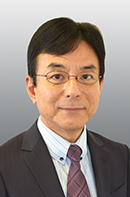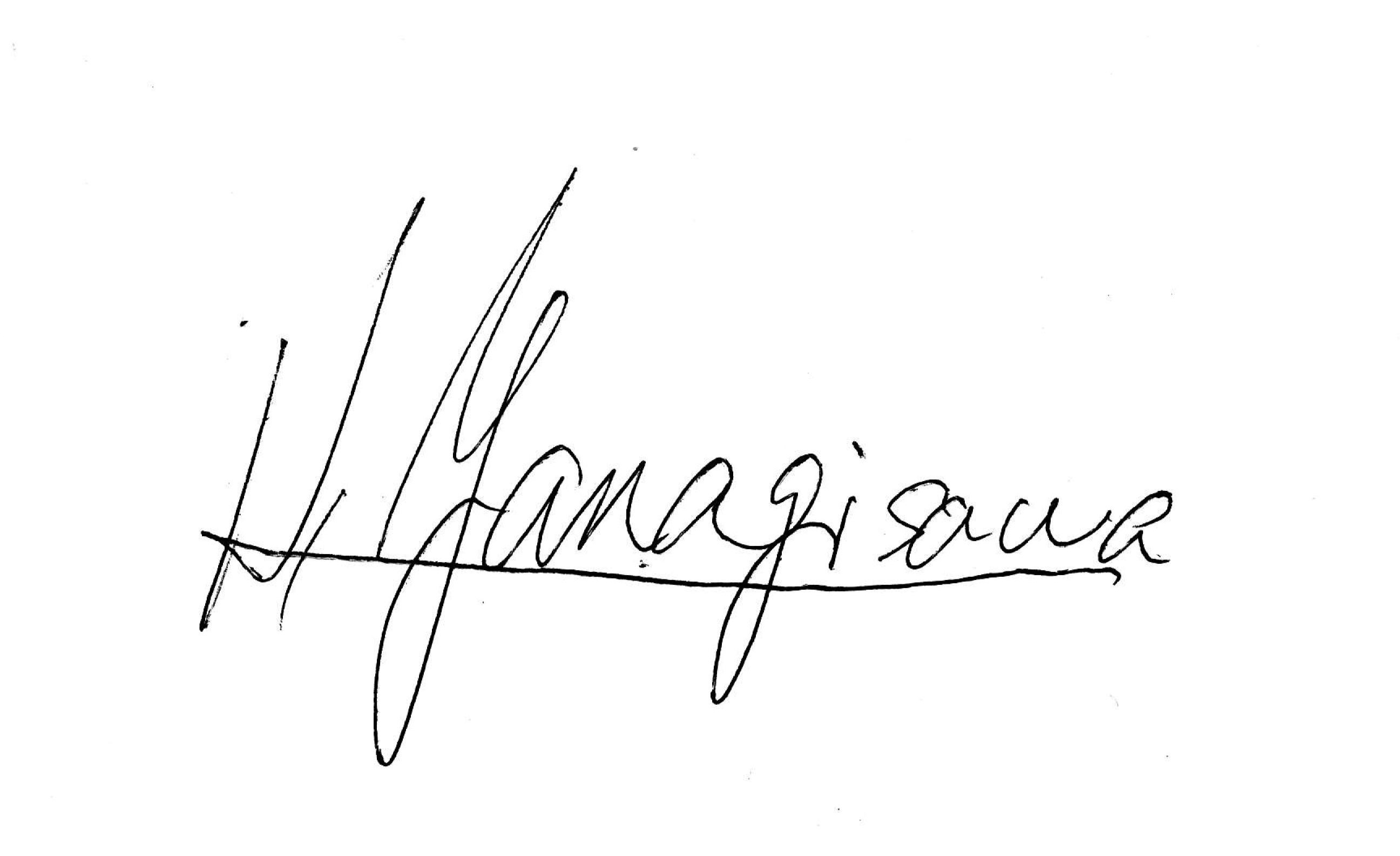president message (Hiroyuki YANAGISAWA)

It has been approximately 150 years since Nagayo Sensai first used the Japanese term for hygiene (“eisei”) to refer to the concept of protecting life or protecting lifestyle. In Japan, preventive medicine and social medicine began with the study of hygiene (“eisei”). Further, the Japanese Society for Hygiene, as the primary academic society focused on hygiene, has since contributed to the health of people. The Japanese Society for Hygiene became a general incorporated association in January 2018, and predominantly focused on developing a new system for two years until March 2020. Thus, during the next two-year period (April 2020–March 2022), the Japanese Society for Hygiene will focus on “further revitalization and a great leap forward,” aiming to create an appealing academic society for both members and society.
(1) Increasing the Transparency of the Society
To further promote academic society activities more actively than ever and to achieve a leap forward, academic members must play their respective roles and make a contribution in their respective positions. To this end, the board of directors must clearly communicate what it is thinking, what its initiatives are, what it is aiming for, and what is required of each member both within and outside the society. Further, they must gather opinions from members to facilitate two-way communication.
(2) Revitalization of Study Group Activities
A characteristic of this society is its diversity in various fields. The active development of various study groups within the society has led to the enhancement of its uniqueness and presence. Thus, we aim to create an environment in which study groups can easily work, promote study group activities, and increase attractive research that is consistent with the needs of the times. To promote the research activities of young researchers, the role of the existing “Young Researcher Promotion Committee” has been clarified, and to promote cooperation with other academic societies, the “Academic Society Collaboration Promotion Committee” has been created.
(3) Establishment of the Japanese Society for Hygiene Expert System and Expansion of the Social Medicine Specialist System
Since the members of the university include persons with various occupations, it has been expected that a qualification system that transcends the boundaries of occupations could be established. As it is possible to qualify as a hygiene expert both inside and outside of Japan, an increasing number of opportunities for members to play an active role can be expected in the future. In January 2021, the Japanese Society for Hygiene introduced a unique expert system. Members who are recognized as experts are introduced on the homepage as human resources who can respond to consultations and requests from government ministries, public health centers, hygiene-related research institutes, inspection facilities, companies, etc. In addition, through the social medicine specialist system that was launched in 2017, we strive to increase the value of the society as a subspecialty society. Further, we aim to continue to cooperate with social medicine-related societies in establishing a system for recognizing social medicine specialists among the societies.
(4) Collaborative Exchange with Other Academic Societies
The research areas handled by this society are extremely diverse, including experimental research and epidemiological research. Therefore it is possible to achieve collaboration with various academic societies. For example, the Japanese Society of Public Health, the Japan Epidemiological Association, and the Japan Society for Occupational Health are conducting research predominantly focused on humans. While such research clarifies the causes (factor exposure) and consequences (disease outbreaks) of health events, it is difficult for molecular biological mechanisms to be understood. Our society’s experimental approach, using animals and cells, has solved this issue, and the collaboration between the two will serve in solving various issues and making a great contribution to society. Hence, predominantly through the “Academic Society Collaboration Revitalization Committee,” we will actively promote collaborative exchanges with other academic societies.
Based on my thoughts, as explained above, I aim to further work toward the development of the academic society while seeking the opinions and advice of members. We sincerely welcome all researchers who are interested in hygiene, preventive medicine, and social medicine to participate in this conference. Please take a look at our society meetings first.
March 27, 2020
HIROYUKI YANAGISAWA 
President of the Japanese Society for Hygiene
Vice President of the Jikei University School of Medicine
Professor of the Department of Public Health and Environmental Medicine
